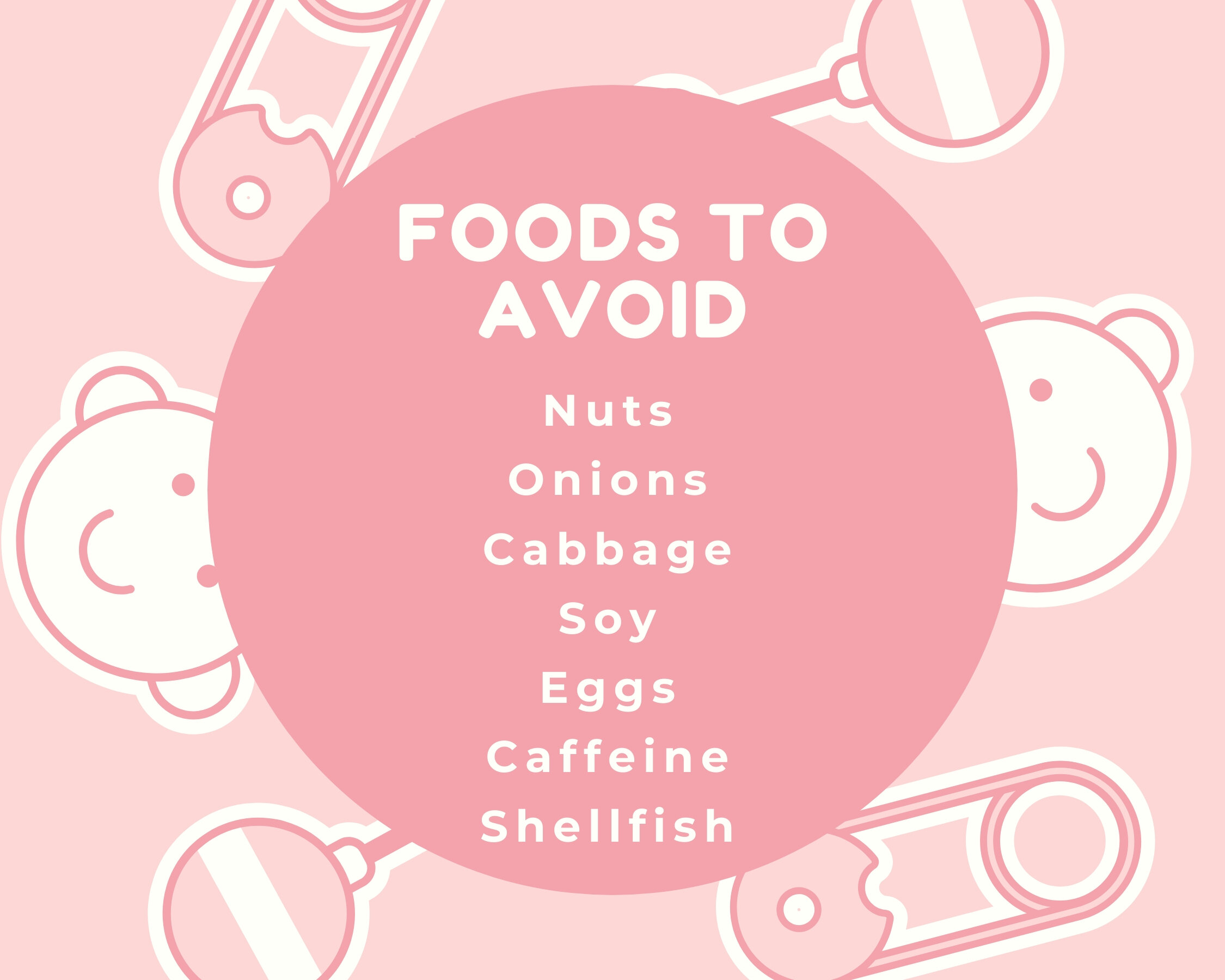Soothing a Colicky Baby
Let's face it - your newborn baby is going to cry. And some new babies cry a lot! It can be heartbreaking when you want to soothe your baby but you just don't know how.
It's quite normal for babies to get fussy at the same time each day. Quite often, this fussy period happens in the evening. Most newborn babies cry for about an hour and a half each day. The reasons can vary. She might be hungry, tired, overstimulated. It might be that a wet or dirty diaper triggers your baby's crying spell. Sometimes digestion issues can cause problems. But how can you tell the difference between typical newborn crying and colic?
What is colic?
According to the American Academy of Pediatrics, as many as two in five babies develop colic. A baby is labeled "colicky" if she cries more than 3 hours a day three days a week. This period of colic generally starts when the baby is two or three weeks old. In most cases, if there is no underlying physical problem, it should start to lessen around the time the baby is about eight weeks old. Most colic ends by the time the baby is four months old.
How breastfeeding can cause colic
If you're breastfeeding your newborn and she is colicky, there could be nursing issues that can upset your baby. They can include an over-active letdown. This is when your milk comes in too fast. Your baby has to gulp to keep up with the flow. This can cause her to swallow too much air and get a stomach ache. If this is the case, simply express some milk prior to nursing your baby. When your flow slows down, it's time to nurse.
There are foods new moms eat that can cause colic issues for your baby. These can include
Nuts
Onions
Cabbage
Soy
Eggs
Caffeine
Shellfish
Keep an eye out for these things and if your baby is colicky, consider eliminating them from your diet.
Doctors also suggest that you take a probiotic if you're breastfeeding a colicky baby. Early research has shown that it can reduce your baby's discomfort and crying.
Formula and the Colicky Baby
If you are feeding your baby formula, there's a chance that the formula or the bottle you're using could be causing indigestion issues. Unfortunately, the only way to find out is through trial and error.
Experts at "Healthline Parenthood" have compiled a list of the best formulas to try if your baby is colicky. Click here to see their recommendations.
If changing your baby's formula doesn't do the trick, it's possible that the bottles you're using are just not right for your baby.
The website VeryWellFamily has compiled a list of the best baby bottles to prevent gas and colic. Click here to find that list.
Tricks to soothe a colicky baby
If changing what you feed your baby and how you feed your baby does not seem to ease her colic, there are other things you can do to try to comfort her.
Walk your baby. After all, she's been used to nearly constant movement from day one so being still is not something she's used to. Buy a sling or baby carrier that allows you to wear your baby if you need to get stuff done around the house or be available to older siblings.
Rock your baby. Again, the gentle, rhythmic motion can calm and soothe a fussy baby.
Try a pacifier. This can sometimes provide great relief to a fussy baby.
Crank up the white noise. Many babies calm down when white noise is introduced. There are plenty of white noise apps available for download to your phone. However, the peace of the white noise can be interrupted by phone calls and texts. etc. It's better to generate white noise from a fan or a white noise device. Just be sure to find something that will keep running all night long instead of shutting off after a certain period of time.
"Bicycle" your baby's legs. Lay your baby on her back and move her legs in a way that mimics riding a bicycle. This can help release gas trapped in your baby's belly.
Try some baby massage. Lay your baby on her belly on your lap. Then gently rub and pat her back. This is another way to release gas and can soothe your baby.
Turn down the lights. Some babies get overstimulated by too much bright light.
Take care of your own stress levels. Let's face it, parenting is stressful, especially if you're dealing with a baby who won't stop crying. But try to keep yourself calm and relaxed. Your baby can pick up on your stress and anxiety and react to it.
Try gripe water or colic drops. Many new parents swear by these.
If you've tried all these tricks and nothing seems to help your fussy baby, it's important to let your doctor know what's going on. Keep a journal of baby's activity, including sleep, crying, eating, spitting up, wet diapers, and dirty diapers. This can help doctors pinpoint any underlying issues that might be causing your baby to cry.
New moms share their tips to soothe a colicky baby
-Gerber Soothe Probiotics worked for us! ~Anne
-My son is 11 weeks and I do the bicycle kicks with him to ease his crying. ~Stephanie
-Also try warmth on the tummy. ~Chouprinova
-Work with a chiropractor who specializes in babies. ~Lesly
-A warm bath with lavender. ~Amber
-Reducing my sugar intake surprisingly helped extensively. ~Jalena
Getting help to deal with a colicky baby.
Dealing with a colicky baby can be emotionally challenging. In some cases, it can lead to child abuse. The National Center on Shake Baby Syndrome reports that the number one trigger for Shaken Baby Syndrome - or SBS - is frustration with a baby's crying. If you feel like you might be in a situation where you could harm your baby, it's important to put her in a safe place, like a crib or car seat, and call your doctor or a trusted friend or relative for help. Make sure you have people who can give you a break from your crying baby.

